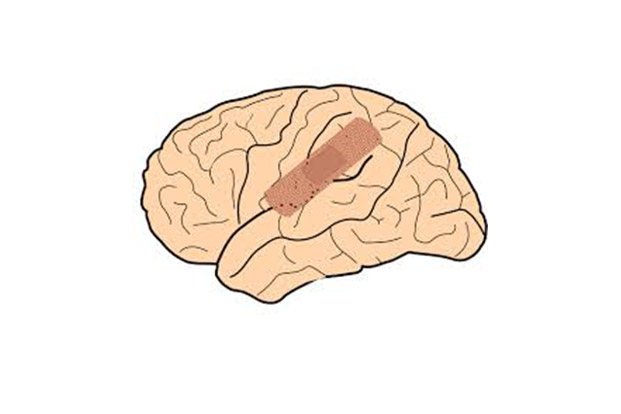5 Facts about Stroke- World Stroke Day
Apr 19, 2022
Despite the fact that in India over 4000 cases of Stroke happens every day, the awareness and preparedness for it is still very low. According to a recent survey done by the hospital staff of Paras Hospitals, Gurgaon on the OPD patients, only 30% knew that Stroke is a sudden issue related with the brain. Majority of them associated Stroke with heart attack. It is essential that we get aware of the signs and symptoms associated with Stroke and be prepared and informed about the action plan. Below are few of the facts that are associated with Stroke.
Fact 1: Stroke affects the brain, not the heart

Stroke is a brain attack that occurs when the blood supply to the brain is disrupted either due to a clot in the vessel or bursting of blood vessel in the brain. In both the cases, lack of oxygen causes the brain cells to die. Majority of the doctors say that Stroke is much more complicated than a heart attack, since the brain is responsible for all our body functions and lack of oxygen supply to the same means- inability to speak, use a side of the body or swallow. The biggest issue is that post a Stroke attack, you may not die, but the possibility of you suffering from lifelong disability is very high.
Fact 2: Know the symptoms of stroke. They are different from of a heart attack
There are 4 major aspects of Stroke that the doctors recommend to identify. FAST: Face weakness, arm weakness, speech impairment and time factor. Ask the person to smile and notice any drooping. Make them raise both arms. Also make them speak and pay attention to their speech. If you notice any abnormality rush to a hospital. In 60% of the cases the symptoms mentioned are the same; in the remaining 40% other symptoms are seen like – loss of vision or double vision, numbness in the side of the body and severe headache.
Fact 3: Time is the most important aspect
Every second after Stroke a million brain cells die. This damage is reversible, but the danger worsens with time. After a Stroke a person ages about 3-4 yrs. Don’t wait for a doctor to come to your house, rush to the hospital.
Fact 4: Stroke is the leading cause of death & morbidity
1 in 6 Indians are prone to stroke. Globally Stroke causes more deaths than malaria, tuberculosis and AIDS put together. However it is yet to gather much public awareness and support. Stroke comes with a high mortality rate of 20% and according to the Indian Council of Medical Research, it accounts for 41% deaths and 72% disability adjusted life years (DALY) among non communicable diseases.
Fact 5: Stroke can affect anyone, young or old
Stroke is a condition that is usually associated with the elderly, but it’s incidence is increasing in the middle aged and the young. According to the Lancet, there has been 25% increase in the Stroke cases in the patients between 20-64 yrs of age, in the last 20 years. The risk factors such as – High BP, high blood sugar, smoking, cholesterol, irregular heart beat are responsible for the same.









